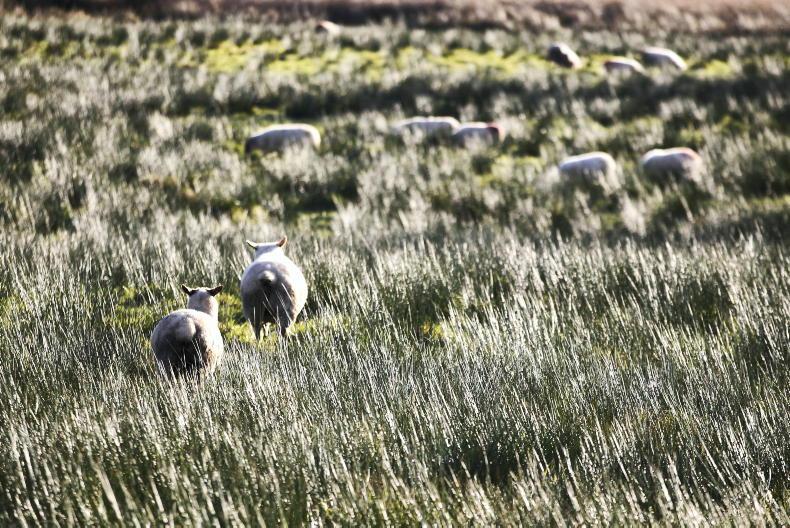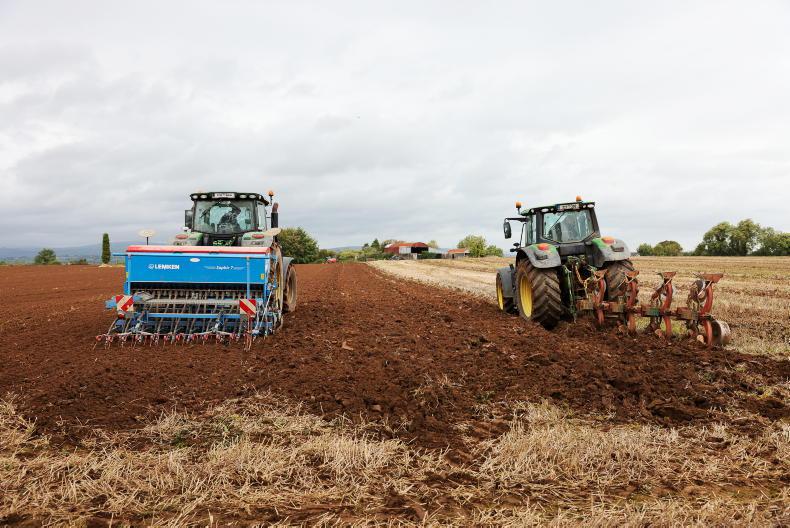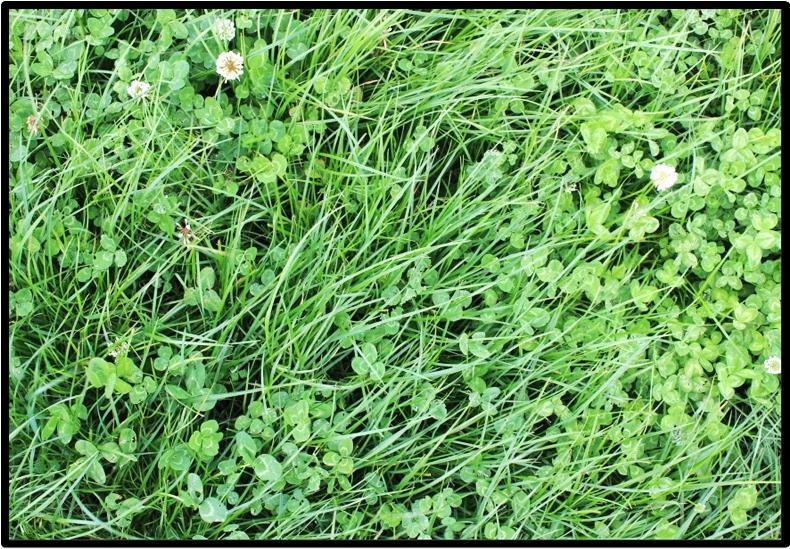Spikes in MCPA concentrations in waterways mostly follow periods of high rainfall, a new study has confirmed.
Researchers at the Agri Food and Biosciences Institute (AFBI) found that 77% of the spikes in MCPA levels in the River Derg came after a high river discharge.
The comprehensive study involved monitoring MCPA levels at least daily for a full 12-month period. Overall, 999 samples were taken from the river located in west Tyrone.
Despite MCPA typically being used for rush control in late spring/early summer, the researchers found that the concentration of the herbicide in the river never fell so low that it could not be detected at any point in the year.
The findings indicate that MCPA takes considerable time to breakdown in the environment, particularly in high organic soils that are prone to waterlogging, like those common in the River Derg catchment.
The study highlighted that MCPA levels in 25% of river samples taken over the 12-month period were above the EU drinking water limit. The AFBI researchers state that this presents “costly problems” at water treatment works as extra filtration is needed.
Samples
A separate set of 143 waterway samples were taken across 11 different locations in the River Derg catchment over a three-month period in early summer.
The researchers found that high MCPA levels were more common in areas where land is categorised as “improved grassland”.
In contrast, samples taken where there is mostly “rough grazing” were not associated with having high MCPA levels.
“This indicates that improved grassland is the main land use contributor to MCPA loss and should be targeted for catchment-based mitigation solutions,” the study reads.








SHARING OPTIONS